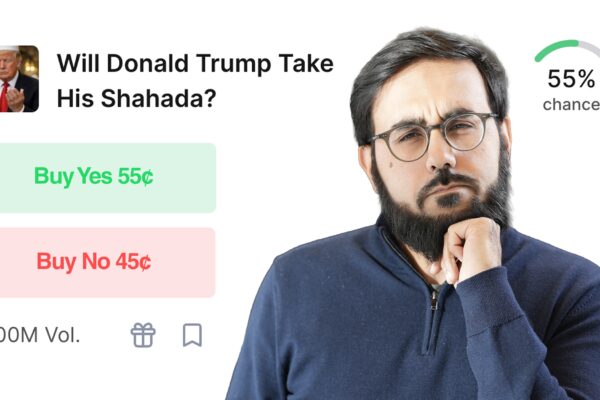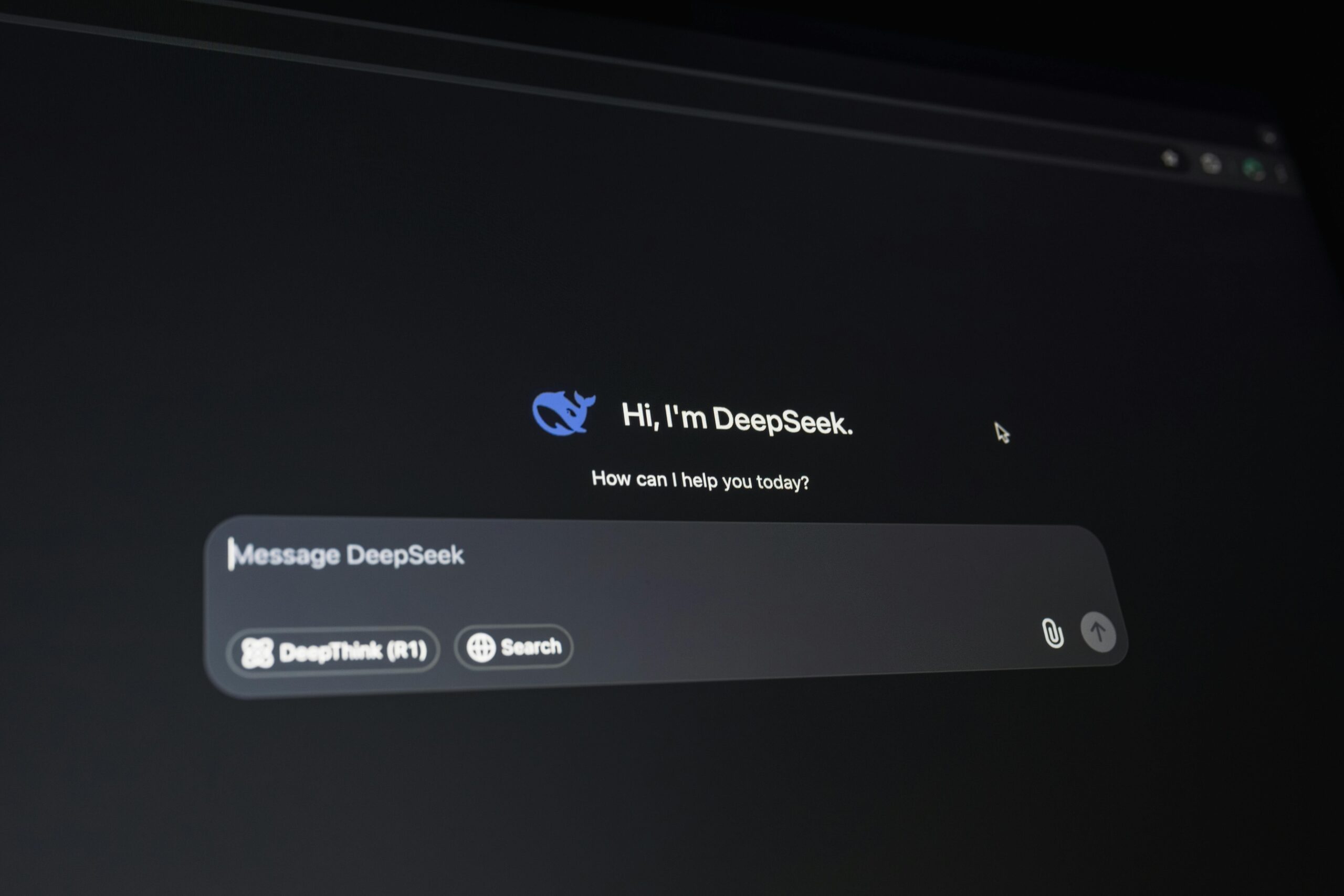
Are Prediction Markets Halal or Haram? The Truth About Polymarket & Kalshi
06 February 2026 7 min read


Adil Hussain
Head of Content
4 min read
Last updated on:
If you’ve been following AI news recently, you’ll have heard about DeepSeek, the Chinese AI startup making waves by competing with OpenAI, the company behind ChatGPT.
It’s an incredible story: a small, nimble team taking on one of the most powerful AI companies in the world.
But this isn’t just a story about AI. It’s about how smaller, mission-driven teams can compete and win against giants. There’s a lesson here for Muslim investors, entrepreneurs, and communities. Let’s break it down.
OpenAI commands billions in funding, a world-class team of researchers, and backing from major corporate giants. It has secured exclusive deals with Microsoft and raised over $17 billion, including a record-breaking $6.6 billion funding round—the largest in venture capital history—pushing its valuation to a staggering $157 billion.
Yet, despite these advantages, DeepSeek has managed to build a competitive AI model with a fraction of the budget.
DeepSeek’s rise isn’t just impressive—it’s a wake-up call for anyone who assumes the AI race is locked in by the biggest players. They didn’t try to outspend OpenAI; instead, they focused on efficiency, agility, and strategic execution.
This mirrors the classic underdog advantage: smaller teams can innovate faster, adapt more quickly, and avoid the bureaucratic slowdowns of corporate giants. We’ve seen it before in other industries—Netflix taking on Blockbuster, Tesla shaking up the car industry, and now, DeepSeek making its mark in AI.
We see this in business, investing, and even within our own work at our sister company Cur8 Capital we take inspiration from this story of the underdog. We’re not trying to be the next BlackRock, but we don’t need to be. Instead, we focus on high-quality, halal investments that offer strong returns while aligning with our values. The rest is up to Allah.
It’s a reminder that small, mission-driven teams can punch well above their weight.
The more concerning part of this story? Muslims aren’t even in the conversation.
The AI revolution is happening with or without us—but right now, we’re just passive consumers, not active builders. Contrast this with our historical legacy where Muslims once led in mathematics, science, and engineering. The Islamic Golden Age produced visionary thinkers who shaped the modern world. Today, we’ve fallen behind.
If AI is the new industrial revolution, then sitting on the sidelines is not an option.
AI isn’t just about chatbots or fancy software—it’s shaping economies, security, healthcare, and even ethics. If we’re absent from this space, we’re leaving critical decisions about the future entirely in the hands of others.
Consider this:
If we’re not part of AI development, we’re not just missing an investment opportunity; we’re surrendering influence over the world our children will inherit.
The Muslim world has the resources to be a serious player in AI. Gulf nations control trillions in capital. Muslim professionals hold leadership positions in global firms. We are one of the youngest, fastest-growing populations on Earth.
So, what’s stopping Muslims from competing in AI? A few key challenges stand out:
It’s not just about money—it’s about strategy, vision, and long-term thinking.
If we want to be players, not spectators, here’s some of what needs to happen:
The future will be shaped by those who invest in and build the technology of tomorrow.
DeepSeek has proven that big money doesn’t always win—smaller, well-focused teams can disrupt even the biggest players.
Muslims have a choice: step up and become innovators, or remain spectators while others shape the future.
If we don’t get involved in AI, we’ll be left using someone else’s technology, dictated by someone else’s values.
The question is: Are we ready to take action?

06 February 2026 7 min read

26 November 2025 6 min read

23 September 2025 4 min read
Leave a Reply